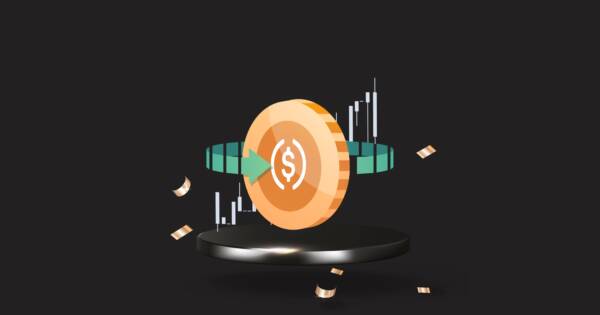- The Australian property market is in a period of unprecedented growth.
- Combining property investments from the U.S. and Australian markets offers the perfect balance of capital growth and high rental yields.
- There are a number of tax and government incentives to encourage Australian property investment.
If you’re hunting for a savvy investment, and haven’t considered the Australian real estate market, you could be missing out. Data from the Foreign Investment Review Board shows foreign investors are flocking to the country’s booming property market.
With $13 billion invested by some of the most knowledgeable backers in the world, it seems like a no-brainer. In this article, you’ll find out why Aussie real estate is so popular, from stability to diversification.
1. Consistency
Buying property is one of the most popular choices for investors in Australia. Over recent decades, the market has delivered consistent results, and mortgage lenders value investment clients just as much as traditional home buyers.
What’s more, rental yields offer constant returns, providing you and your family with supplemental passive income. All you (or your property manager) have to do is find a tenant who keeps up with rental payments and ensure the property is maintained to a high standard.
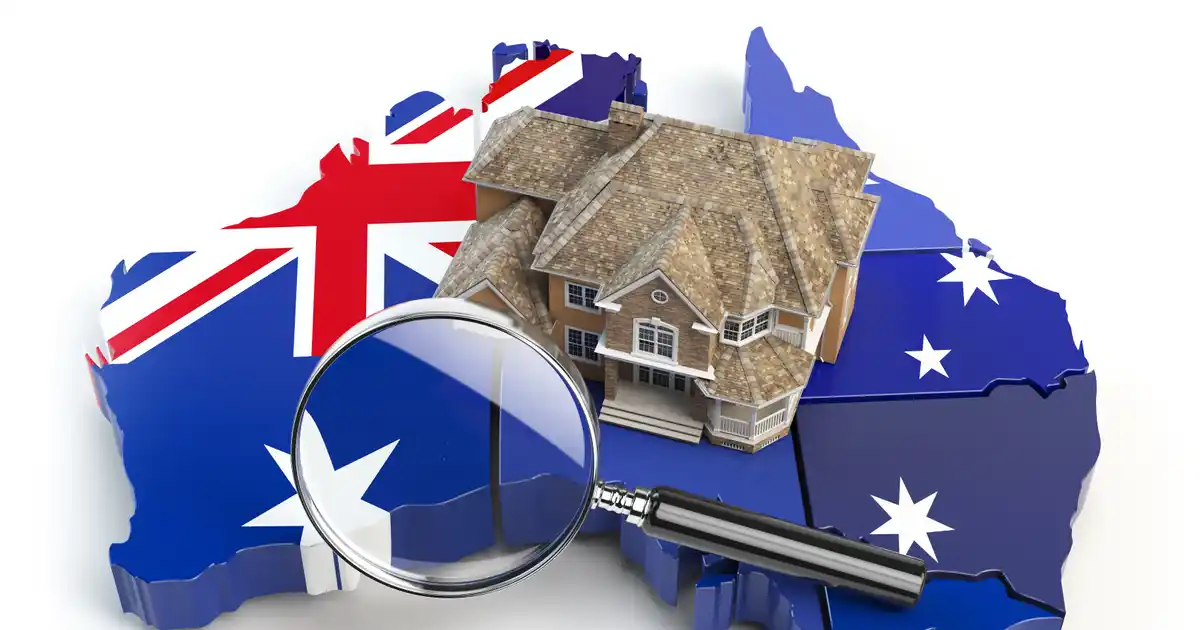 Shutterstock
Shutterstock2. Long-Term Gains
When it comes to appreciation of assets, there’s nothing quite like property, and Australia’s deregulated market and low interest rates make it one of the best choices in the world for real estate investment.
In fact, data from the Australian Bureau of Statistics shows that residential property prices rose by 23.7% between December 2020 and December 2021. This is the largest annual rise on record, and a testimony to how lucrative Aussie real estate can be in 2022.
 Shutterstock
Shutterstock3. Tax Concessions
Taxes are some of the biggest reasons investors are detracted from buying property. However, in Australia, there are concessions available that prevent tax from being the enemy of profit. You can write off standard investment expenses, such as utilities, repairs and loan repayments, against taxes.
This offsets any shortfall between holding costs and rental income, making real estate investments more accessible to ordinary people. Even if you don’t have any other Australian income to offset, you can carry losses forward indefinitely. At least, until you generate income-for example, when you decide to sell your property!
 Shutterstock
Shutterstock4. Control
With property investment, investors in Australia have more control over how much they grow their wealth than with other opportunities. Crypto and the stock market might boast faster returns, but being hands-on or hands-off won’t make any difference in returns. And, one bad tweet from Elon Musk or a bad decision from a key stakeholder, and your investment plummets in value.
With real estate, you can invest as much or as little as you choose in adding value to your interest. Increasing rent and fixing up a property are just two examples.
 Shutterstock
Shutterstock5. Capital Growth
There’s no denying that rental income is steady, predictable and requires minimal upkeep. However, investors in Australia mustn’t lose sight of the bigger picture. Capital growth is where the real money lies for overseas investors.
House prices have steadily and consistently grown over the last century. The U.S. market doesn’t compete with regard to capital growth, despite its enviable status for rental yields. For maximum returns across the board, investors should diversify their portfolio as much as possible.
 Shutterstock
Shutterstock6. Diversification
One of the key components of an exceptional investment portfolio is diversification. The more properties you own, the greater your returns and the less exposed you are to risk.
Plus, most top-performing real estate markets are subject to boom and bust. If the housing market in the United States or United Kingdom goes bust, you can rely on the yields from your Aussie property investments, and vice versa. And of course, a portfolio with a mixture of high capital growth and high rental yields is bound to deliver the most favourable returns.
 Shutterstock
Shutterstock7. Financing and Incentives
Interest rates and vacancy rates are both at a historic low in Australia. Lenders lend at lower rates because they trust Australians won’t default on mortgage payments. What’s more, it’s one of the easiest places to obtain financing from lenders, particularly those interested in residential property.
More reasons to speculate over Aussie real estate are the array of government incentives available. The First Homeowners Grant and National Rent Affordability Scheme are two examples of such incentives.
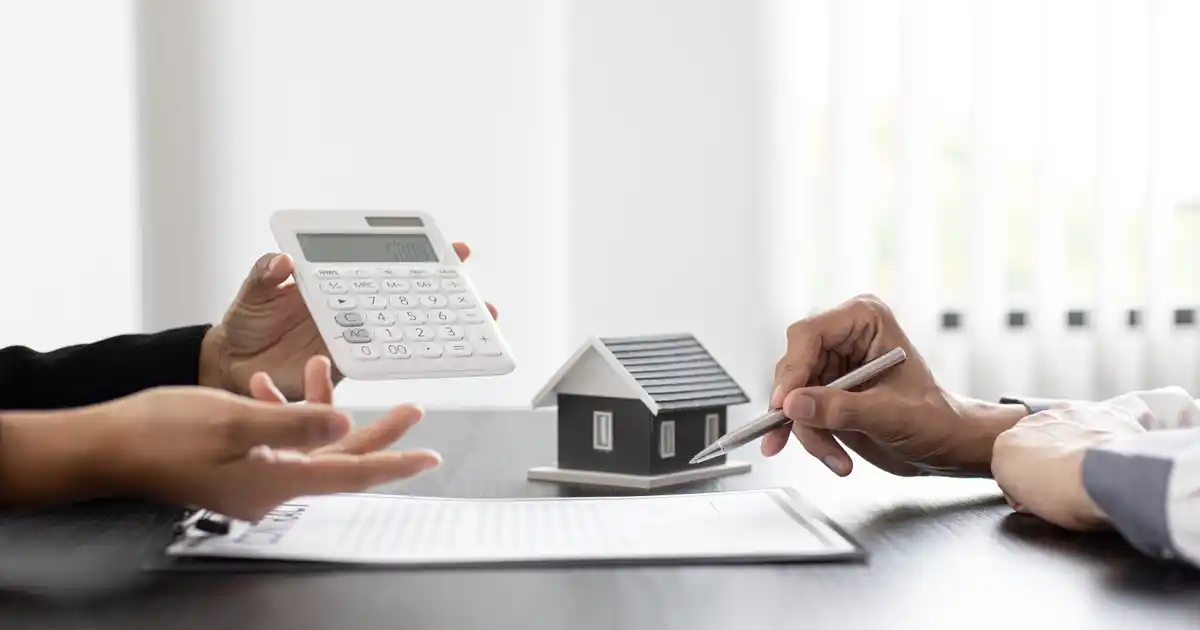 Shutterstock
Shutterstock8. Stability
Last but not least, the overall stability of the Australian real estate market is what makes it such an attractive prospect. Steady, safe returns are practically guaranteed, and there are regulatory measures in place to protect against price bubbles.
A shining example is the 2007-2008 housing crisis. While U.S. properties plummeted in value, Australian real estate was practically unscathed. Stable, predictable growth is one of the cornerstones of an investment in Aussie property. Make the most of the resilient Australian economy by purchasing a property and fixing it up, renting it out or flipping it.
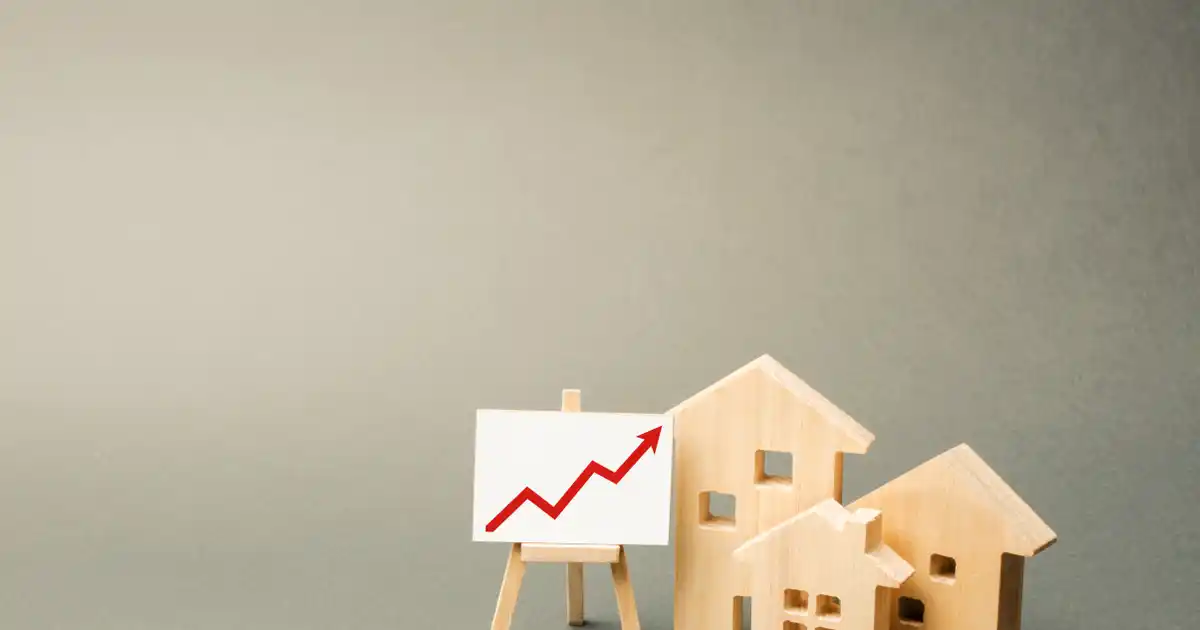 Shutterstock
ShutterstockPros and Cons of Australian Real Estate Investment
Just like any investment, there are pros and cons associated with buying property in Australia. However, it’s relatively safe compared to many popular forms of speculation. Let’s take a look at some advantages and disadvantages:
Pros
- Less volatile than other investments
- Investors can reap tax benefits
- Potential for long-term growth
- Access to equity
- Control over property value
Cons
- Property is rarely cheap
- You need to pay capital gains tax
- ROI is never guaranteed
- Changes or upgrades might not make the impact you hoped for
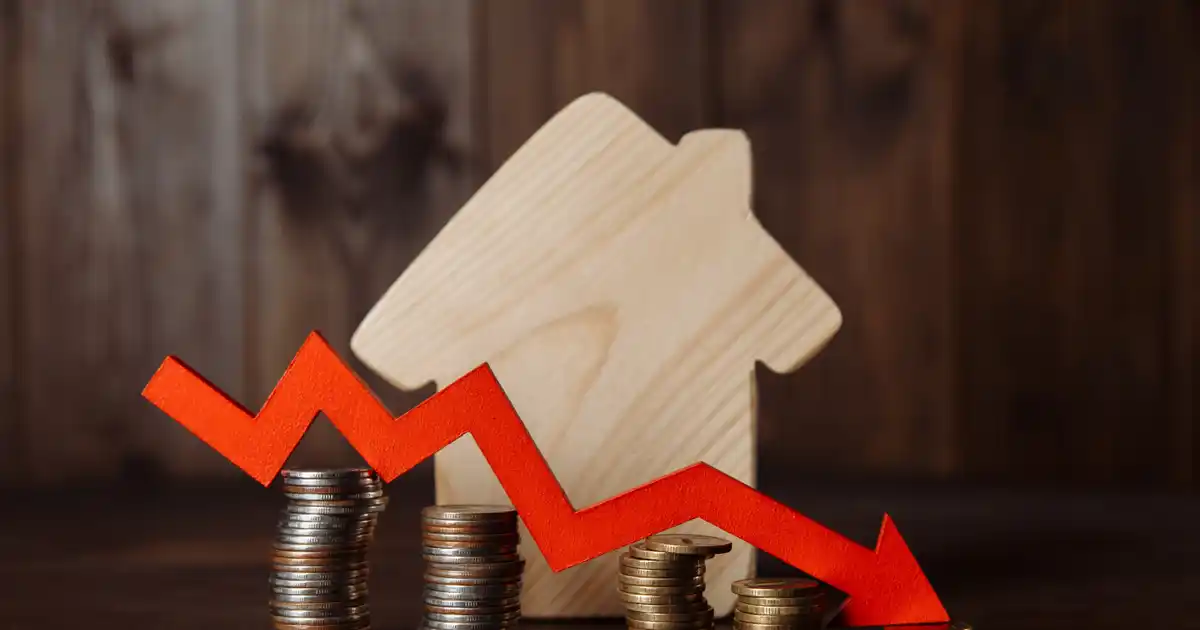 Shutterstock
ShutterstockHow To Get Started in Property Investment in Australia
It’s important to plan and prepare before jumping into any investment. To start investing in Aussie real estate, follow these steps:
- Be sure to carefully assess the risk before making a decision to invest in Australian property.
- Speak to a mortgage broker and accountant who specializes in property and make a clear decision about goals and what you expect to gain.
- Get pre-approval for financing to make investment loans easier to acquire later on.
- Research properties extensively to find the one best placed to meet your goals.
- Apply for an investment mortgage
 Shutterstock
ShutterstockTips for Buying Investment Properties in Australia
Purchasing real estate is a major investment, and not one anyone should take lightly. Here are some tips to help you along your Aussie property investment journey:
- Make sure you have enough capital. Deposits are usually between 10% and 20% of property value, and you’ll need cash for associated and ongoing costs. =
- Ensure you have a good credit history.
- Choose if you’re going to manage the property yourself or use a real estate agency or property management service.
- Consider the types of insurance you might need.
 Shutterstock
ShutterstockAssociated and Ongoing Costs of Property Investment
There are two main types of costs associated with Australian property investment: ongoing and associated. Ensure you’re financially solvent enough to cover them all.
Associated
These costs come along with your investment:
- Valuation fees, including strata reports and property inspections
- Conveyancing costs and legal fees—although these may be waived under some circumstances
- Stamp duty, which varies between Australian territories and states
- Loan fees
- Transfer fees
- Lenders mortgage insurance if you’re borrowing more than 80% of the investment property’s value
Ongoing
Be sure to factor in the following ongoing costs to your budget calculations:
- Rates and levies
- Maintenance costs
- Agent and insurance fees
- Principal and interest
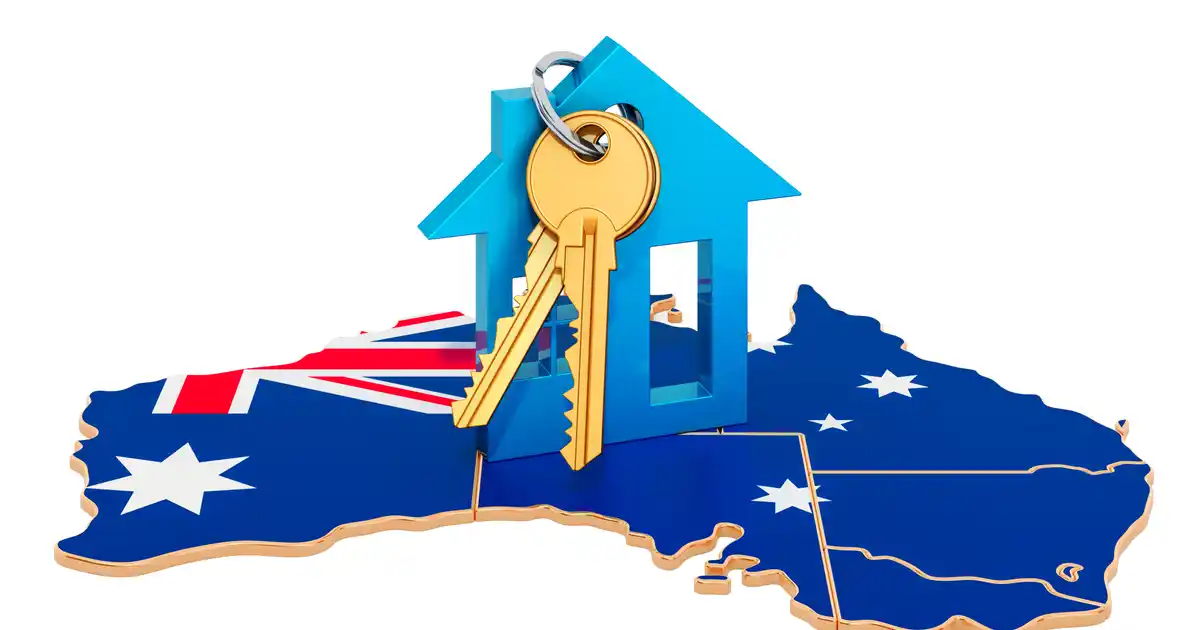 Shutterstock
Shutterstock






